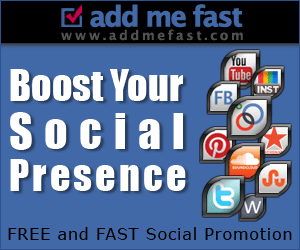PPC (Pay Per Click)
PPC advertising, also known as “Paid Search” or “Search Engine Marketing (SEM)”, is the process of paying for advertising on sites and search engines but the advertiser is not charged unless someone clicks on an ad. Most often (but not always) PPC is an auction where you compete for position against other advertisers.
PPC can allow for much quicker wins in visibility or conversions for advertisers whereas SEO is a long term effort of building a community to help your organic presence. While it can take a long time to rank #1 organically on search engine results pages via SEO, advertisers can use PPC ads to appear above organic or SEO results, seen in red in the image above, within minutes of opening an advertising account.
Advertisers select keywords to bid on, which match to the search queries, or actual words users are searching for. Similar to SEO, content (in ads) and relevancy are significant factors in getting ads to show in the top position. Search engines like Google give each ad a quality score (1-10 basis) based off of numerous factors which they unfortunately won’t elaborate much on. That quality score is then multiplied by your bid to get an overall Ad Rank. In an auction setting like Google’s, an advertiser only ends up paying just a bit more than the one below them, after all Ad Ranks are evaluated. So the amount an advertiser bids is not necessarily what’s charged upon a click.
Why do advertisers pay for these ads when they can try to rank naturally for free?
Real-estate on the search engine results pages is at a premium.
Many users simply click on the first link of the results page, regardless of whether it’s an ad or an organic listing.
The opportunity to generate conversions can be heightened when ads are prominently displayed.
New market segments can be identified, based on what people are searching for, and ads can be shown where an advertiser’s site may not be able to rank naturally.
Competitors are likely paying for ads or have the opportunity to, potentially winning new business or taking it from others.
Paid search also spans into other websites outside of popular search engine result pages like Google, Bing and Yahoo and types vary from text, to image, to video among others. The most important thing to remember is that ad relevancy to the searcher/web surfer is most important and will ultimately lead to the most efficient PPC campaigns, depending on an advertiser’s goals.




















